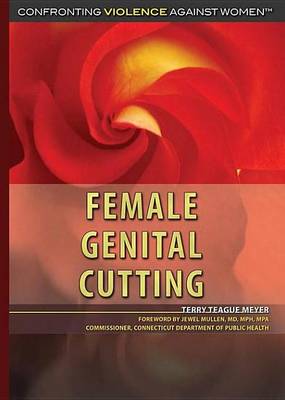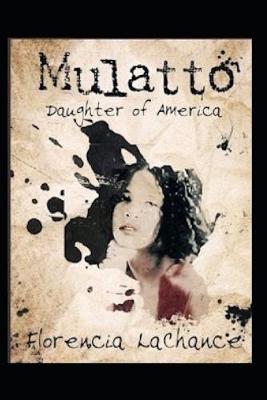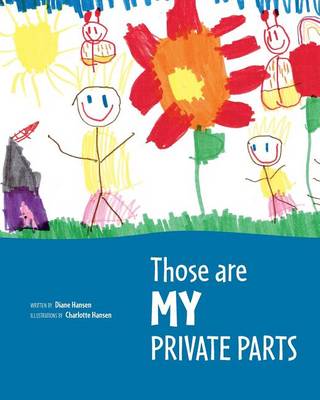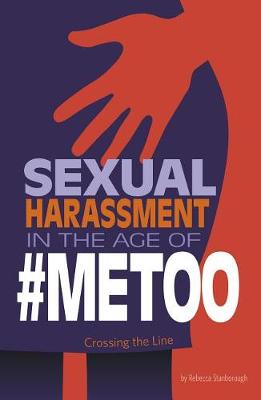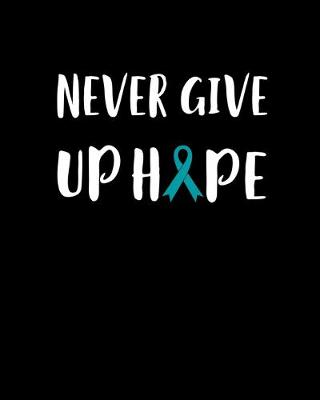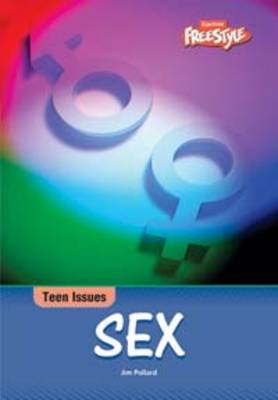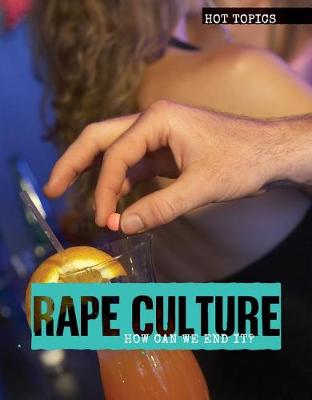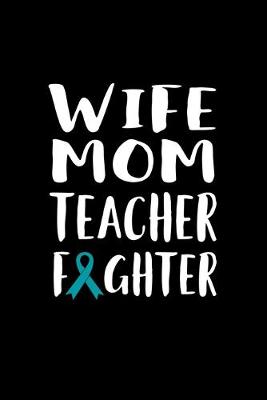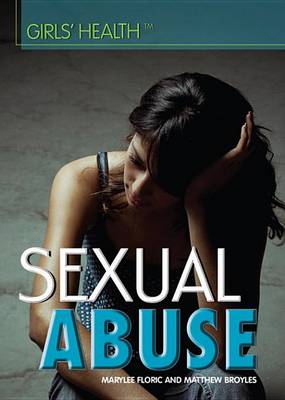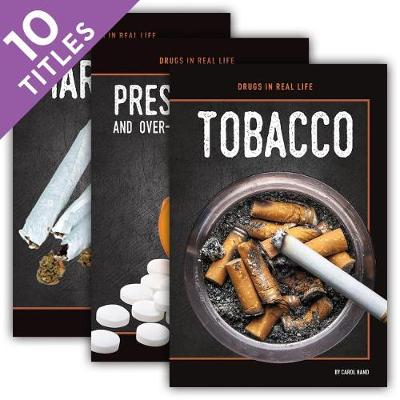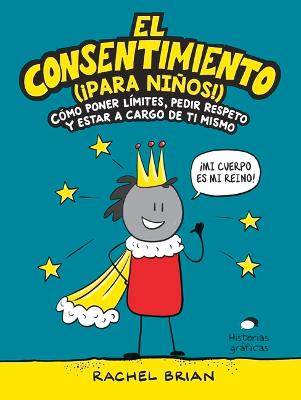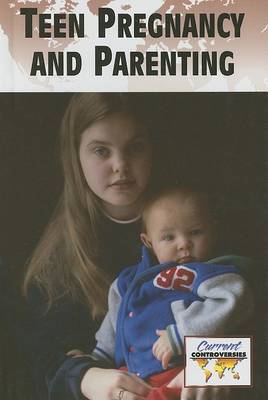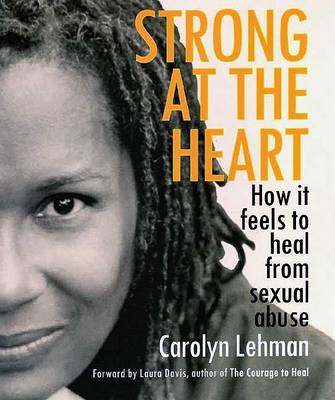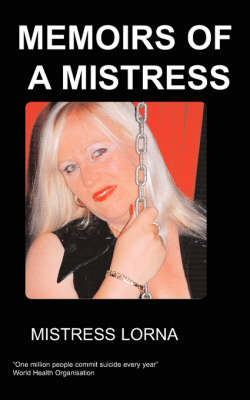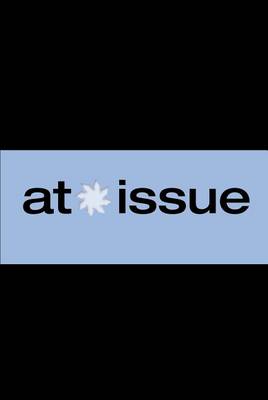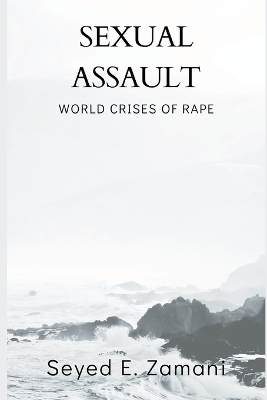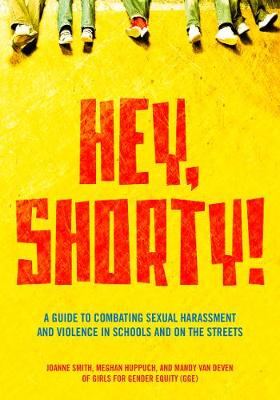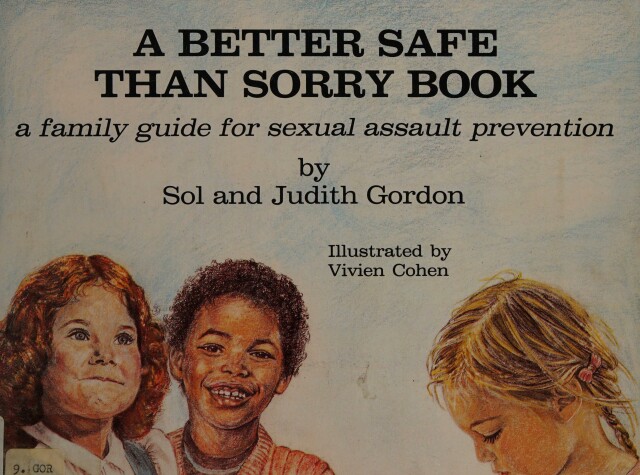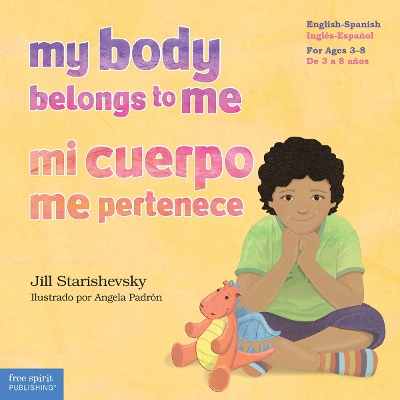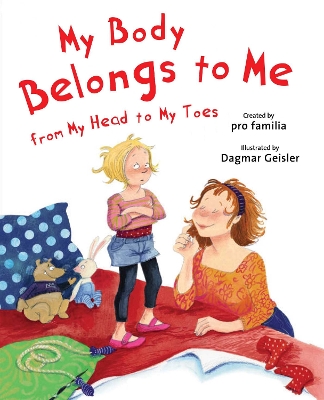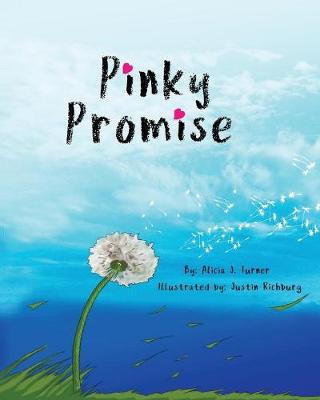Female Genital Cutting (Confronting Violence Against Women)
by Terry Teague Meyer
Sexual Harassment in the Age of #Metoo (Informed!) (Infomed)
by Rebecca Stanborough
Gives guidance and support to help young people cope even when under pressure from their peers and the media. Includes photographs, case studies ,reports, diaries, quotations and newspaper articles
Sexual abuse is not an expression of love; it's hurtful and destructive, and it's a crime. Teens read a gripping account of what sexual abuse means, the typical abuser profile, and what the lasting effects of sexual abuse can be. This informative book also explains how sexual abusers are using the Internet to find victims, and it offers helpful steps to prevent being an online victim. The final chapter explores ways to help in coping - through getting counseling and therapy.
Teen Pregnancy and Parenting (Current Controversies (Library))
by Lisa Frick
Teenage Pregnancy & Parenting (Current Controversies (Paperback))
In Flanders Fields and Other Poems; With an Essay in Character, by Sir Andrew Macphail
by Seyed E Zamani
Confronting Violence Against Women (Confronting Violence Against Women)
by Laura La Bella
Written for children as well as for parents and professionals, a traditionally uncomfortable topic is discussed in a manner designed to help children feel good about themselves.
My Body Belongs to Me / Mi cuerpo me pertenece
by Jill Starishevsky
Acclaimed book, now in English and Spanish, helps adults teach children about abuse, getting help, and how to set boundaries to stay safe. Without being taught about body boundaries, a child may be too young to understand when abuse is happening—or that it’s wrong. Now available in a bilingual English-Spanish edition, My Body Belongs to Me /Mi cuerpo me pertenece offers a tool parents, teachers, and counselors can use to sensitively share and discuss the topic of sexual abuse. Through simple...
My Body Belongs to Me from My Head to My Toes (The Safe Child, Happy Parent)
Now every parent, grandparent, or teacher can explain to a child the difference between appropriate and inappropriate touching in a way that young boys and girls can understand. As a child, there are constantly people trying to pick you up, hug you, or tickle you. Sometimes, though, children fall victims to people who try to touch them inappropriately. But how do you tell someone, most likely an adult, that you don’t want to be touched? Or, if it has already happened, how do you tell an adult...
